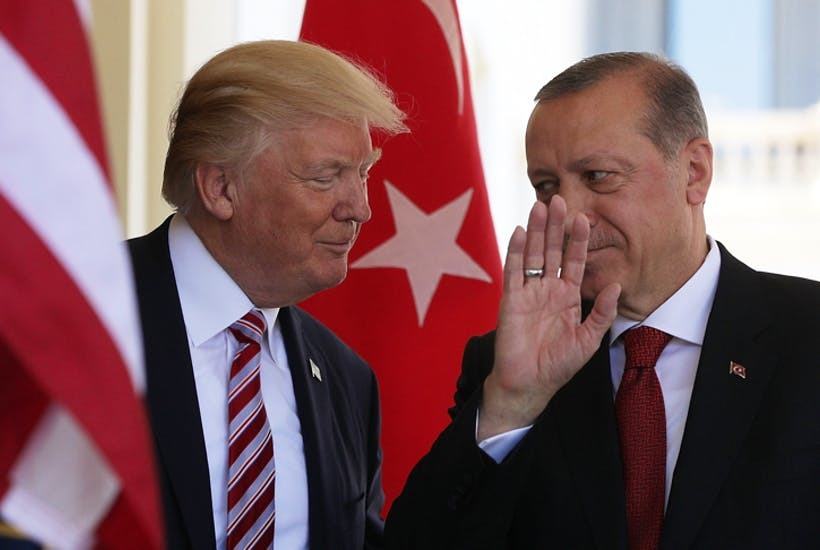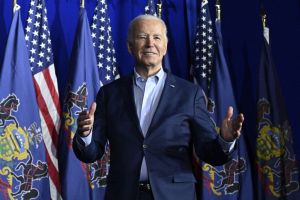Istanbul
President Erdogan has spent much of this year slinging muck at Europe’s heads of state, and he has damaged a number of already precarious relationships. Now it looks as if he is about to come up against the force of US diplomacy and Turkey may find itself in trouble.
Turkey and the US have been Nato allies since 1952. During that time, Turkey has played up its strategic position for military bases close to the Middle East. In turn, the US has downplayed a number of disputes between the two countries, particularly in recent years as the conflict in Syria has raged on. Even as they seemed to be at each other’s throats over the difficult issue of US support for Kurdish fighters in Syria, top officials worked hard not to cause too much upset.
After the failed coup last year, the two countries faced another test. Would the US extradite the man President Erdogan personally blamed, Muslim cleric Fethullah Gülen? In its best diplomatic speak, the US said it would ‘need to consider the evidence’, a response that failed to satisfy Erdogan. Then came Erdogan’s official visit to Washington and beyond, during which his bodyguards were accused and later charged of beating up peaceful protestors. Erdogan assured his public that President Trump ‘had apologised’ to him over the incident.
But despite all efforts to keep the two countries on an even keel, Turkey has tried to push its luck. Last week relations hit a new low when a Turkish employee of the US consulate in Istanbul was arrested. Turkey claims the employee had links to Gülen. The US embassy in Ankara has decried this arrest and said the charges are ‘baseless’. In a move designed to be a show of strength, the US has halted all non-immigrant visa services in Turkey while it assesses the situation. Turkey has responded by instating the same measures. Yet while many of Erdogan’s AK Parti supporters have celebrated another bold move by their leader, Turkey may come to suffer as a result of this response.
Beyond its geographical and cultural position, Turkey relies on the power of money to assert influence in other countries. Across the old Ottoman Empire, President Erdogan has sanctioned many projects and encouraged investment, all of which has bought influence. But without its buying power, there’s not much Turkey has to offer.
Russia exploited this in 2016 during a spat started when Turkey shot down a Russian jet. Russia set out to damage the Turkish economy by banning Turkish imports of fruits and vegetables and sternly advising its people not to visit Turkey for their holidays. Given that these two industries make up almost two-thirds of Turkey’s economy, the impact was severe.
Now the US is showing that it too can punch hard when it comes to the Turkish economy. In the last few days, the Turkish lira has tumbled to its lowest value in months and stocks are diving. The national carrier, Turkish Airlines, itself ailing financially, is to offer refunds to passengers from the US due to fly to Turkey. The country’s tourism industry, which has slowly been picking itself back up after Russians deserted its shores, will be hit again.
US citizens living in Turkey have been hit too. Some of my friends are wondering whether if they leave, they’ll be allowed back in. US citizens working for Turkish companies are waiting for the backlash to begin. When relations soured with Russia, some of my Russian friends suddenly discovered that work offers had dried up, or bank accounts couldn’t be opened. Some were even verbally abused for just being Russian. Turks are fiercely patriotic, even if sometimes misguidedly so.
President Erdogan cannot afford to lose the US as an ally, but whether he is willing to admit that is another matter. He is a man who doesn’t like to back down. Whether or not the Americans are happy to pardon Turkey remains to be seen.


















